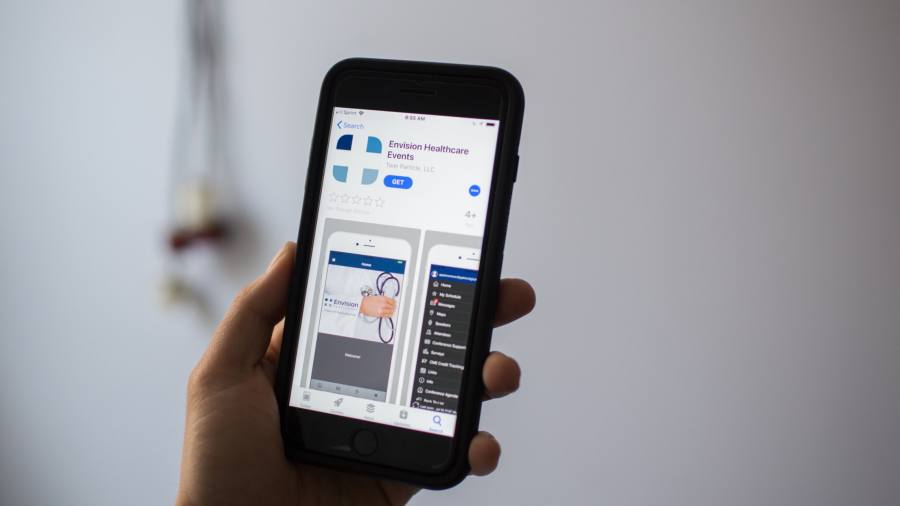Envision Healthcare filed for bankruptcy on Sunday just five years after it was taken private by KKR in a blockbuster leveraged buyout that valued the physician-staffing company at $10bn.
The Tennessee-based Envision places doctors in hospital emergency rooms and separately operates surgical centres, but both businesses have been stung by regulatory changes, the effects of the Covid-19 pandemic on patient volumes and higher labour costs. Private equity’s presence in US medical care has also come under growing scrutiny from industry watchdogs.
As capital dries up amid sharply higher interest rates, companies have been increasingly forced into court-led restructurings. KKR’s initial $3.5bn equity investment is expected to be wiped out in the restructuring as senior lenders take over the company, according to the terms of a settlement agreement reached between Envision and its creditors.
Envision and other physician practices have been highly criticised for “surprise billing” in which emergency room patients are hit with high charges for treatment when insurance plans do not cover the costs for a particular hospital. In 2022, the federal No Surprises Act went into effect to curb such moves.
The company has also had disputes with UnitedHealthcare and accused the insurer of shirking its responsibility to reimburse patient costs in as many as a third of cases. This year, Envision won a $91mn arbitration judgment against UHC over claims from 2017 and 2018.
People close to Envision told the Financial Times that if UHC had paid Envision in line with its expectations, the company’s liquidity would have been sufficient to avoid bankruptcy this year.
UHC did not respond to a request for comment, though it has previously sued Envision for alleged overbilling. It told the FT at the time of the arbitration award that it would “continue efforts to protect our members and customers from the small number of bad actors . . . who demand unreasonable and anti-competitive rates for their services and drive up the cost of care for everyone”.
In August last year, Envision completed a complex refinancing transaction to increase liquidity and buy back existing debt at a discount. The deal centred on separating its AmSurg surgical facilities from its physician practices and borrowing new money against those facilities. The terms left existing Envision lenders without a claim on the more profitable AmSurg assets.
The new AmSurg $1.1bn senior loan was provided by Angelo Gordon, Centerbridge Partners and Pimco. Pimco, then a large existing creditor at Envision, swapped its existing loan to that company for a junior loan stake in AmSurg. Envision also raised cash from a new loan at the time.
The bankruptcy settlement that Envision will ask the court to approve has been negotiated over several weeks and has garnered majority support among multiple creditor groups. It calls for its physician-practice business, Envision, to be reorganised as a standalone company separate from AmSurg. Envision and AmSurg currently have roughly $8bn in total debt which is to be slashed to about $2bn in the bankruptcy.
Pimco is set to swap its junior AmSurg loan into that company’s restructured equity, as well as lead a $300mn financing to acquire the remaining fifth of the surgical facilities company that currently has been retained by Envision.
Envision’s senior lenders, including investment firms Strategic Value Partners, Brigade Capital, Blackstone and Eaton Vance, will swap their paper into the restructured Envision equity. Holders of the most junior Envision loans and those holding $1bn in bonds, which are currently trading at less than 1 cent on the dollar, will in effect be wiped out.
Envision joins a list of large bankruptcy filers this year that includes Bed Bath & Beyond, Avaya, Party City, Diamond Sports, Serta Simmons and Silicon Valley Bank Group.
Envision expects its case, filed in a federal bankruptcy court in Houston, to wrap up within three to four months.
Read the full article here
